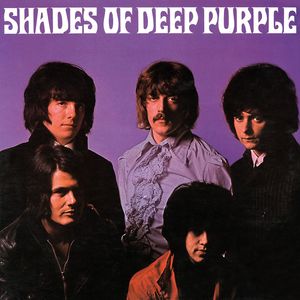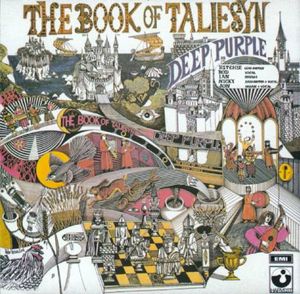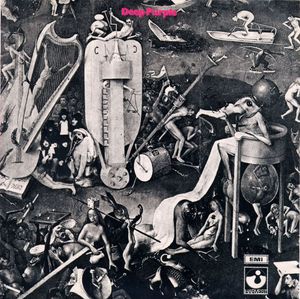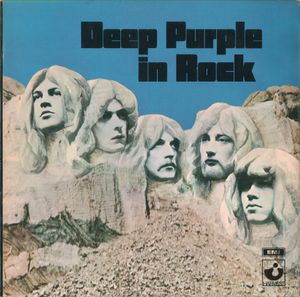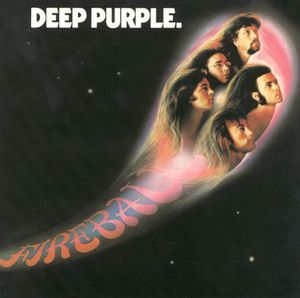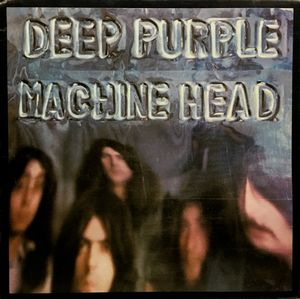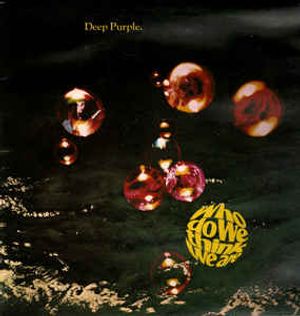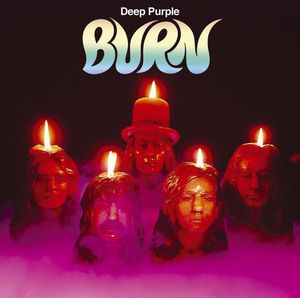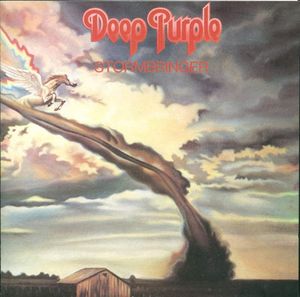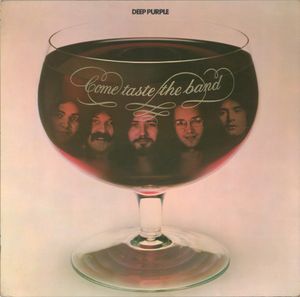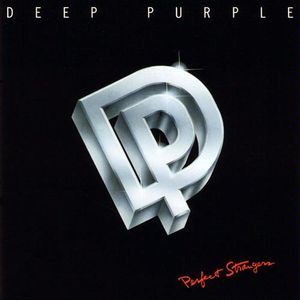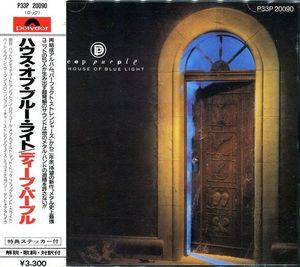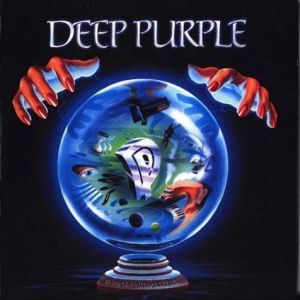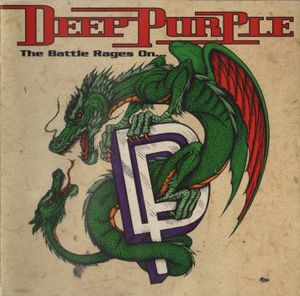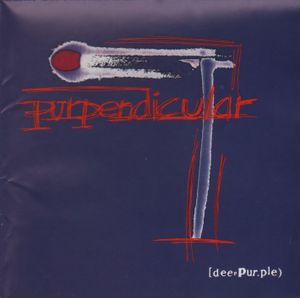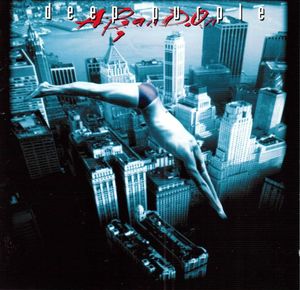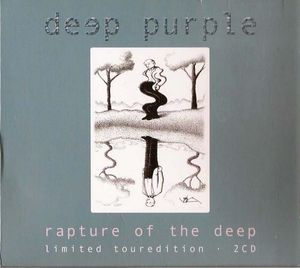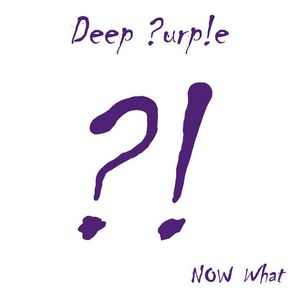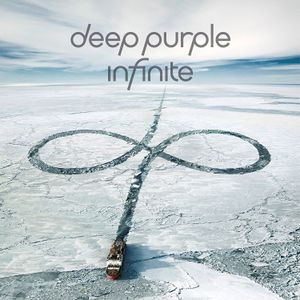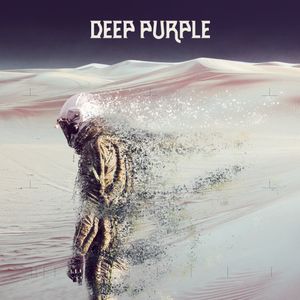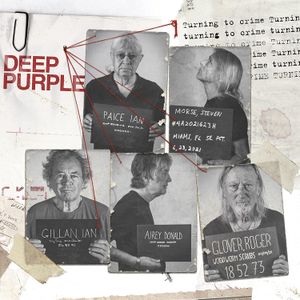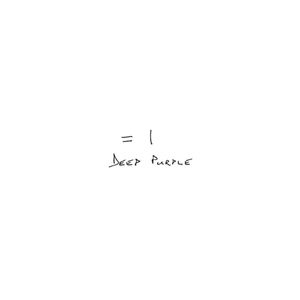
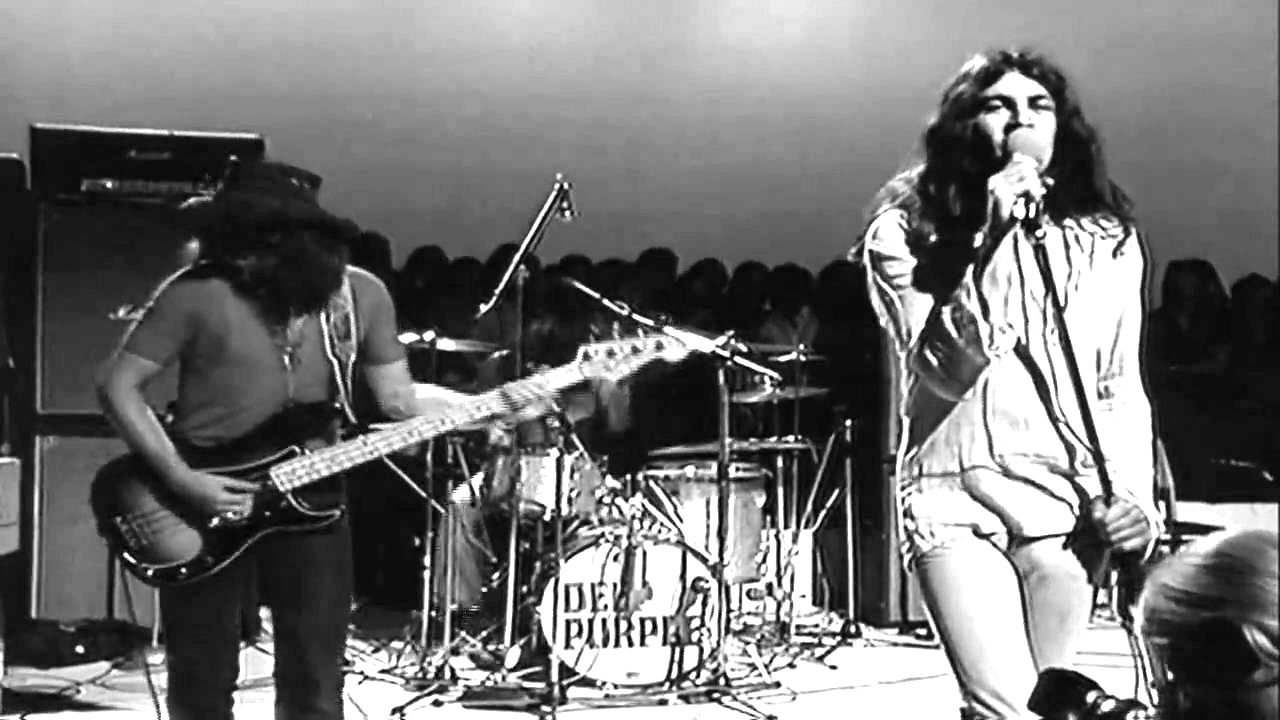
Deep Purple
Follow Your Favorite Band Today!
Top Deep Purple Community Posts
Story of Deep Purple
Deep Purple: The Titans of Hard Rock
Deep Purple, a legendary English rock band formed in London in 1968, stand as undeniable pioneers of heavy metal and modern hard rock. While their musical style has evolved significantly throughout their storied career, their influence on the genre remains undeniable.
Initially, they carved their path as a psychedelic and progressive rock band, but their 1970 album, Deep Purple in Rock, marked a monumental shift toward a heavier sound. This sonic evolution, alongside the explosive contributions of contemporaries like Led Zeppelin and Black Sabbath, solidified Deep Purple's position as part of the "unholy trinity" of British hard rock and heavy metal during the early-to-mid 1970s.
Their thunderous live performances earned them a spot in the 1975 Guinness Book of World Records as "the globe's loudest band" for a 1972 concert at London's Rainbow Theatre. To date, they have sold over 100 million records worldwide, showcasing their enduring global appeal.
Deep Purple has witnessed numerous lineup changes throughout its history, even disbanding for eight years between 1976 and 1984. However, drummer Ian Paice remains the band's sole constant member, a testament to his unwavering dedication.
The band's original run from 1968 to 1976 is divided into four distinct eras:
- Mark I (1968-1969) featured the founding members: Ritchie Blackmore (guitar), Rod Evans (vocals), Jon Lord (keyboards), Paice (drums), and Nick Simper (bass).
- Mark II (1969-1973), arguably the band's most commercially successful era, saw the arrival of Ian Gillan (vocals) and Roger Glover (bass) who replaced Evans and Simper respectively.
- Mark III (1973-1975) welcomed David Coverdale (vocals) and Glenn Hughes (bass), who took over from Gillan and Glover.
- Mark IV (1975-1976) featured Tommy Bolin (guitar) replacing Blackmore.
Sadly, the band disbanded in July 1976, followed by the tragic death of Bolin from a drug overdose just five months later.
Despite the lineup changes and temporary hiatus, Deep Purple's legacy remains undiminished. Their powerful music, pioneering sound, and iconic status continue to inspire generations of musicians and fans worldwide.
Frequently Asked Questions
Bands you may like
More Blues Rock Bands
Discover more bands in the Blues Rock genre and explore the diverse sounds that define this musical style.
Browse All Blues Rock BandsMore Bands from United Kingdom
Discover the rich musical heritage of United Kingdom and explore bands that represent the country's unique sound and culture.
Browse All United Kingdom Bands
